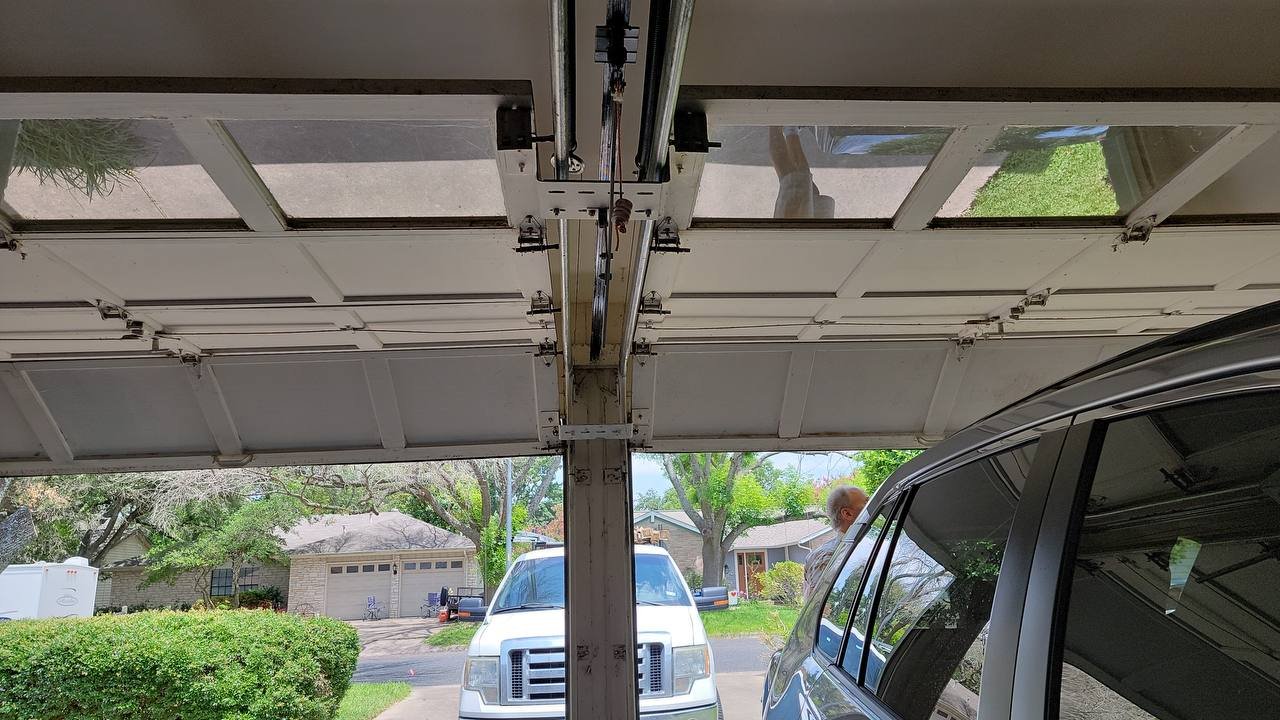Choosing the right material for your garage floor can enhance durability, safety, and aesthetics. Whether you’re upgrading your existing floor or starting fresh, understanding your options ensures a functional and visually appealing space. Here are the best tips for selecting the perfect garage floor material.
1. Consider Your Needs
Your garage’s primary use will dictate the best flooring option. For heavy-duty activities like auto repairs, durability and impact resistance are essential. Epoxy coatings provide a tough surface that withstands spills, scratches, and heavy loads. Rubber flooring or vinyl garage tiles are excellent for multi-use garages where flexibility is important. If you’re preparing your garage for resale, learn more about enhancing its value at How to Prepare Your Garage Door for a Sale.
2. Evaluate Maintenance Requirements
Different materials come with varying maintenance needs. Polished concrete is a popular choice for its low-maintenance qualities, requiring only occasional cleaning and resealing. On the other hand, garage floor tiles may need periodic grout cleaning to maintain their appearance. For advice on keeping your garage organized and in excellent shape, visit Why Regular Garage Door Maintenance Saves You Money.
3. Prioritize Safety
Slippery garage floors can pose a safety hazard. Opt for materials with anti-slip coatings, such as textured tiles or rubber mats, which provide better traction. These options are especially useful in areas prone to moisture or where garage door weather seals might not fully block outside elements.
4. Match the Aesthetic of Your Garage
If your garage doubles as a workspace, showroom, or entertainment area, flooring plays a significant role in design. Consider materials like stained concrete or high-gloss epoxy finishes for a sleek, modern look. For additional garage improvement ideas, check out Garage Door Myths: Debunking Common Misconceptions.
5. Invest in Durability
Durable flooring options like epoxy or polished concrete withstand heavy equipment and frequent use without cracking or peeling. These options also prevent wear from garage door rollers or heavy-duty tools. If you’re planning a long-term solution, durable materials save money in the long run.
6. Budget Wisely
The cost of materials and installation can vary significantly. Rubber mats and vinyl tiles are budget-friendly options for quick fixes, while epoxy or polished concrete offers better long-term durability but at a higher initial cost. Plan for a balance between your garage door maintenance needs and aesthetic goals.
Additional Considerations for Garage Floors
- Temperature Resistance: Ensure the material you choose can withstand extreme heat or cold, especially in New Jersey’s varied climate.
- Stain Resistance: If you use your garage for car repairs or DIY projects, look for flooring that resists oil and chemical stains.
- Moisture Control: Incorporate a moisture barrier for concrete floors to prevent damage over time.
Conclusion
Choosing the right garage floor material is an investment in both functionality and aesthetics. By considering durability, safety, maintenance, and cost, you can select a flooring option that suits your needs and enhances your garage’s usability.
Explore professional flooring and garage solutions at:
- Garage Doors Westfield
- Garage Doors Montclair
- Garage Doors Short Hills
- Garage Doors Ridgewood
- Garage Doors Livingston
- Garage Doors Marlboro
- Garage Doors Cranford
- Garage Doors Voorhees
- Garage Doors Tenafly
- Garage Doors Basking Ridge
For more home improvement tips, visit Newark News Today, Jersey City News Today, and Paterson News Today.




Pingback: The Advantages of Installing an Automatic Garage Door Opener - Garage Door Repair Bedminster, NJ
Pingback: The Importance of Hiring Licensed Garage Door Contractors - Garage Door Repair East Brunswick, NJ
Pingback: How to Choose the Right Lighting for Your Garage - Newark News Today
Pingback: How to Deal with Garage Door Hiccups During Extreme Weather - Paterson News Today